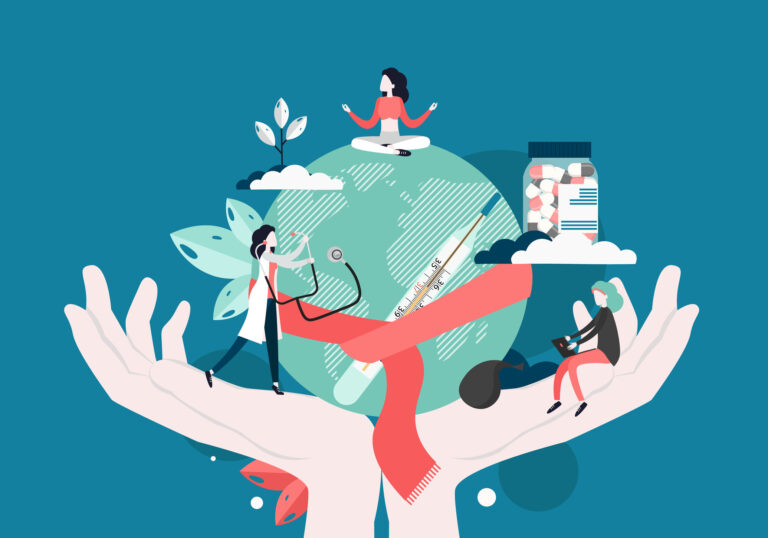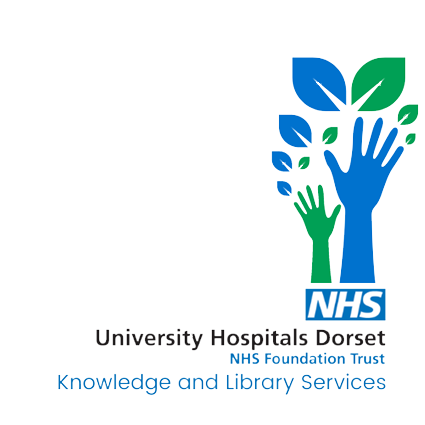
Health Literacy
Health Literacy is about making sure people understand the health information they are given, whether this is written or verbal. This is so they have the skills and confidence to make choices about their healthcare and are able to navigate the health and social care systems.
In this topic guide you are able to access key texts available in print or electronically within UHD/DHC, useful websites, and links to relevant journals. Please note that you may need to log in using your OpenAthens password to access many of these resources.
If there are books that you would like to recommend, please let us know. Or contact us to make any suggestions to improve this topic guide.
Why is Health Literacy important?
Low Health literacy leads to worse health outcomes. A report from Bournemouth, Christchurch and Poole Council – “An overview of health inequalities in BCP” produced in 2021 highlights that those from the more deprived areas in Bournemouth Poole and Christchurch are more likely to die earlier and have a higher attendance at A&E for under 5’s. This could be helped by ensuring that these people have the right information and that they can understand that information. It is estimated that low health literacy cost the NHS 3-5% of their total budget each year.
What can I do?
Come to one of our health literacy training sessions, you can sign up here. In the session we will make you aware you of the importance of not using medical jargon, tools such as chunk and check and teach back, to help you make sure your patient has understood what you’re telling them. We will also provide tips for writing health literature, such as patient leaflets.
You can also check out the resources below for more information about health literacy.
Health Literacy Month: October
Health Literacy Month provides a further opportunity to have more conversations about health literacy with more of their NHS colleagues, their peers in the third sector and carers.
Health Information Week: 20th - 26th January 2025
Health Information Week is a national, multi-sector campaign. It promotes high-quality information for patients and the public.
